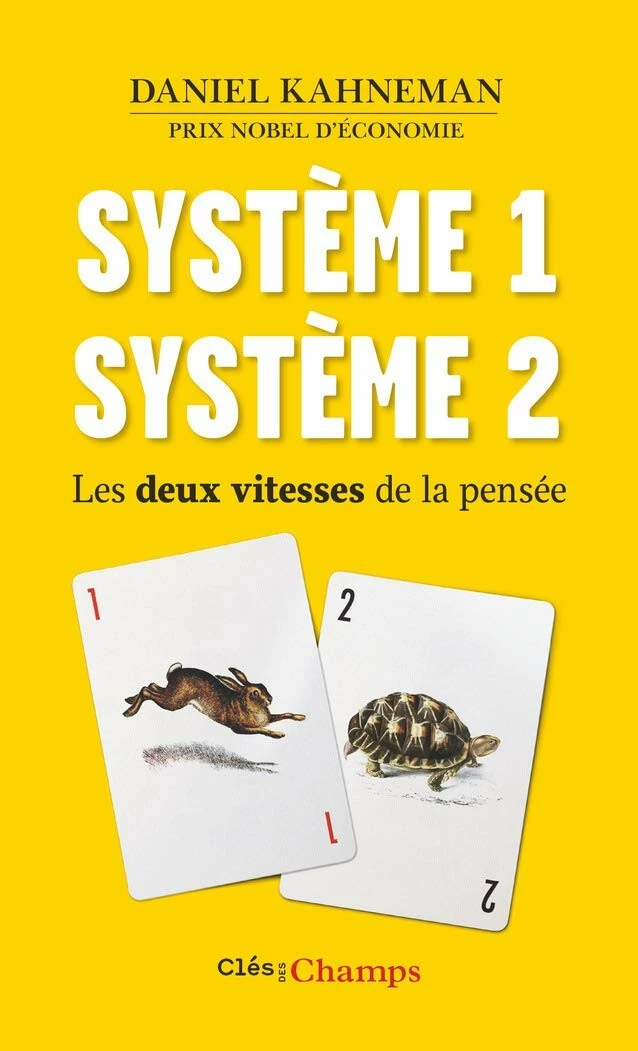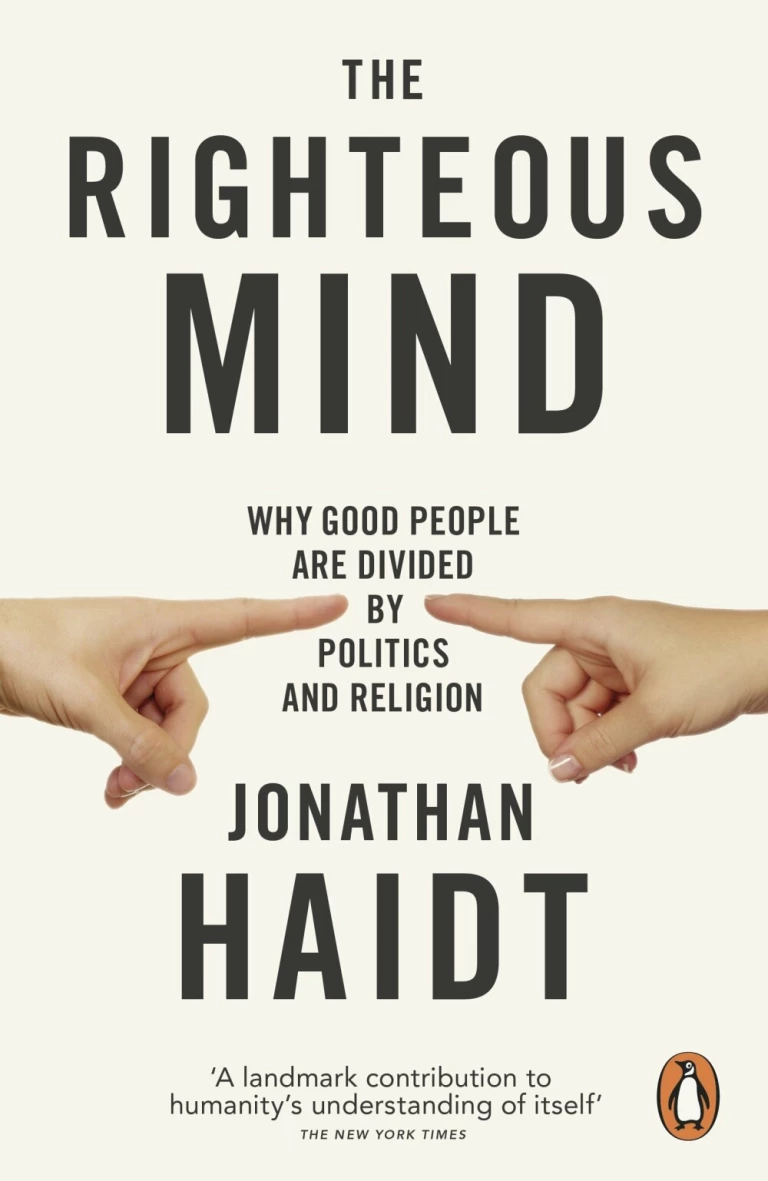Livres recommandés par Rob Spiro
Système 1 / Système 2 : Les deux vitesses de la pensée Daniel Kahneman
Comment prenons-nous nos décisions ? Qu'est-ce qui guide nos préférences et nos jugements ? Quand faut-il faire confiance à notre intuition ? Tels sont les fils rouges de cet ouvrage, dans lequel Daniel Kahneman nous emmène à la rencontre étonnante des deux "personnages" qui se partagent notre esprit. Le "Système 1" est rapide, intuitif et émotionnel ; le "Système 2" est lent, réfléchi et logique. Via de multiples expériences auxquelles le lecteur est invité à s'essayer lui-même, Daniel Kahneman expose les ravages des partis pris et autres biais cognitifs dont nous sommes les jouets : illusion de familiarité, effet de halo, biais optimiste, effet d'ancrage... Fruit de toute une vie de recherche, Système 1 / Système 2 dessine une théorie brillante qui offre des prolongements pratiques immédiats dans la vie quotidienne et professionnelle.
Julien Devaureix : Sur les biais cognitifs, qui avait été important pour moi. On a beaucoup parlé des biais cognitifs, donc c'est un peu moins percutant peut-être, mais je l'avais lu, je crois, en 2012, quelque chose comme ça. Important pour moi parce que c'était une vraie prise de conscience par rapport au fait qu'en fait on n'était pas du tout rationnel. Beaucoup moins rationnel que ce qu'on croyait, beaucoup plus manipulable, et qu'en fait on se trompait énormément sur nous-mêmes, sur le monde, sur la logique, etc. Donc c'était une des choses qui avait été un déclencheur dans la prise de conscience de ces oeillères.
Recommandé par : Rob Spiro (et aussi par Julien Devaureix, Clément Viktorovitch)
Episode : Imagination Machine - Des startups qui changent le monde - Génération Do It Yourself (GDIY)
The Righteous Mind : Why Good People are Divided by Politics and Religion Jonathan Haidt
In The Righteous Mind, psychologist Jonathan Haidt answers some of the most compelling questions about human relationships:Why can it sometimes feel as though half the population is living in a different moral universe? Why do ideas such as 'fairness' and 'freedom' mean such different things to different people? Why is it so hard to see things from another viewpoint? Why do we come to blows over politics and religion?Jonathan Haidt reveals that we often find it hard to get along because our minds are hardwired to be moralistic, judgemental and self-righteous. He explores how morality evolved to enable us to form communities, and how moral values are not just about justice and equality - for some people authority, sanctity or loyalty matter more. Morality binds and blinds, but, using his own research, Haidt proves it is possible to liberate ourselves from the disputes that divide good people.'A landmark contribution to humanity's understanding of itself' The New York Times'A truly seminal book' David Goodhart, Prospect'A tour de force - brave, brilliant, and eloquent. It will challenge the way you think about liberals and conservatives, atheism and religion, good and evil' Paul Bloom, author of How Pleasure Works 'Compelling . . . a fluid combination of erudition and entertainment' Ian Birrell, Observer'Lucid and thought-provoking ... deserves to be widely read' Jenni Russell, Sunday TimesJonathan Haidt is a social and cultural psychologist. He has been on the faculty of the University of Virginia since 1995 and is currently a visiting professor of business ethics at New York University's Stern School of Business. He is the co-editor of Flourishing: Positive Psychology and the Life Well Lived, and is the author of The Happiness Hypothesis: Finding Modern Truth in Ancient Wisdom.
Recommandé par : Rob Spiro
Episode : Imagination Machine - Des startups qui changent le monde - Génération Do It Yourself (GDIY)
Rob Spiro apparait dans les épisodes suivants :
Génération Do It Yourself (GDIY) diffusé le 14/09/2022
#279 - Imagination Machine - Des startups qui changent le monde
S'abonner à la newsletter
Inscrivez-vous pour recevoir les derniers livres ajoutés sur le site une fois par semaine

